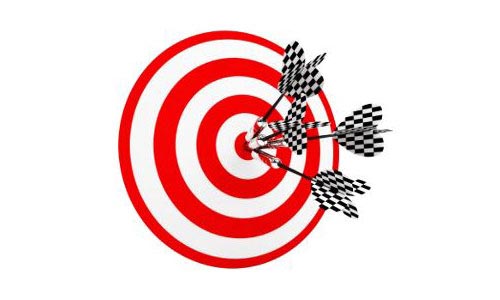~ CCII ~ Section 76 ~ Spring 2020 ~
Tue & Thur 12:30 - 1:45 PM
Wilson 206
Instructor: Dr. Cindy Kopp
Email: [email protected]
Office Hours: Tue & Thur 11:30AM - 12:15PM **Available by appointment**
Wilson 206
Instructor: Dr. Cindy Kopp
Email: [email protected]
Office Hours: Tue & Thur 11:30AM - 12:15PM **Available by appointment**
Course Description & goalsThis course focuses on argumentation, information literacy, and the effective use of sources in academic writing. We will hone our abilities to think critically, analyze the arguments of others, and to create and support our own positions using research. While this is first and foremost a course in academic writing, our theme will be Incarceration and the Media, which will enhance our study of how written and multimedia texts and their creators attempt to persuade or influence their audiences with regard to the subject of prisons and incarceration. I like to give students as much autonomy as possible within a supportive structure, so I will allow you to make certain topical writing choices within the broad theme of prison and incarceration. Completing this course will prepare you not only to read, write and think better in your undergraduate work, but also to become a more literate participant in media and democracy.
|
|
By the end of the semester, you will be able to:
|
Required Reading
|
All reading materials listed below will be made available electronically; however, you may wish to purchase the following books because they would make an awesome addition to any scholarly collection, and we will be reading from these texts more than others.
Recommended Reading
|
grade breakdown
|
Portfolio
Non-Essay Assignments Participation & Effort |
65%
20% 15% |
Please note that you must achieve a D- to pass this course, though most programs require at least a C in this course to be considered passing.
Image above taken from various sites regarding @Large: Ai Weiwei on Alcatraz

